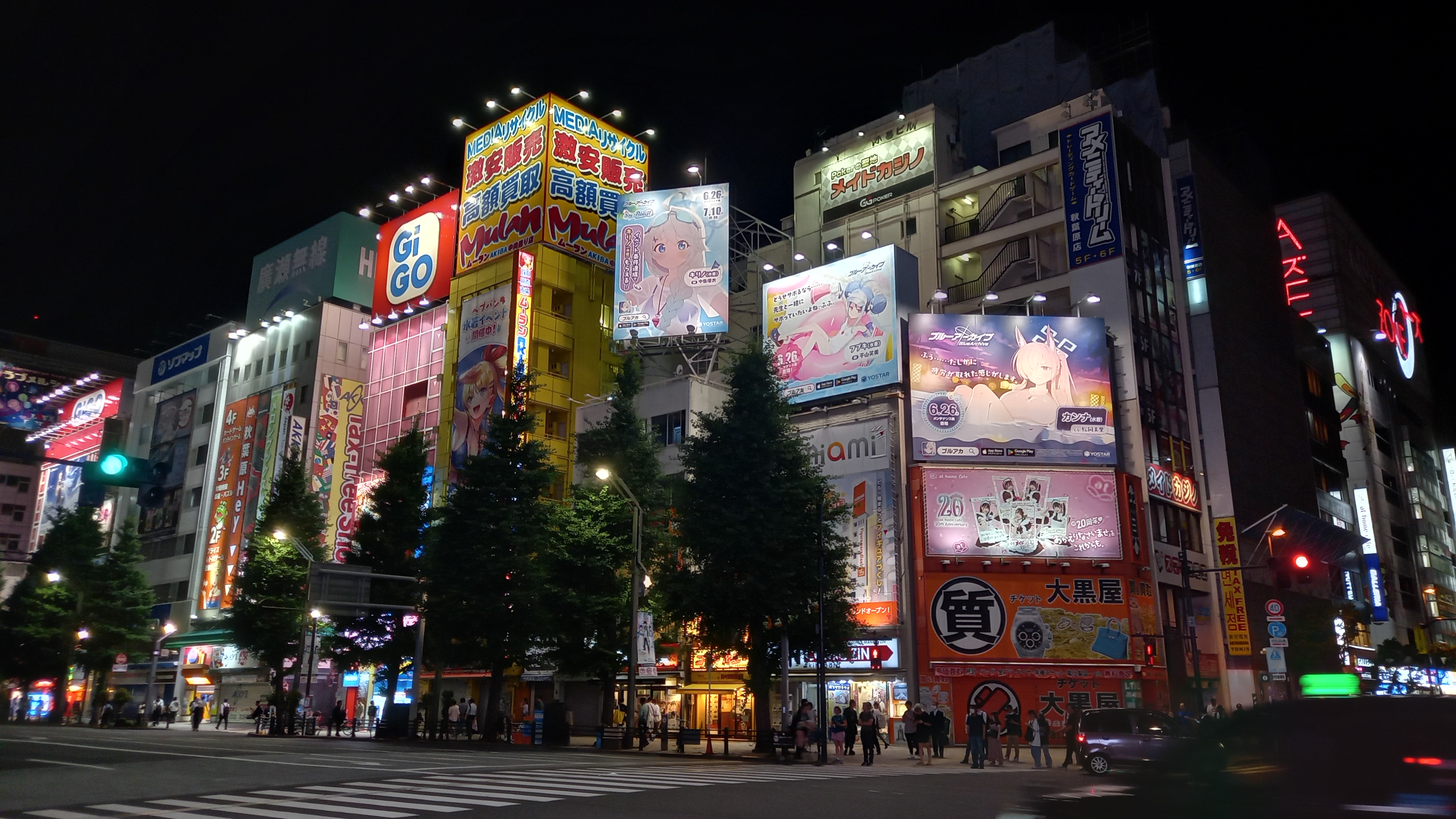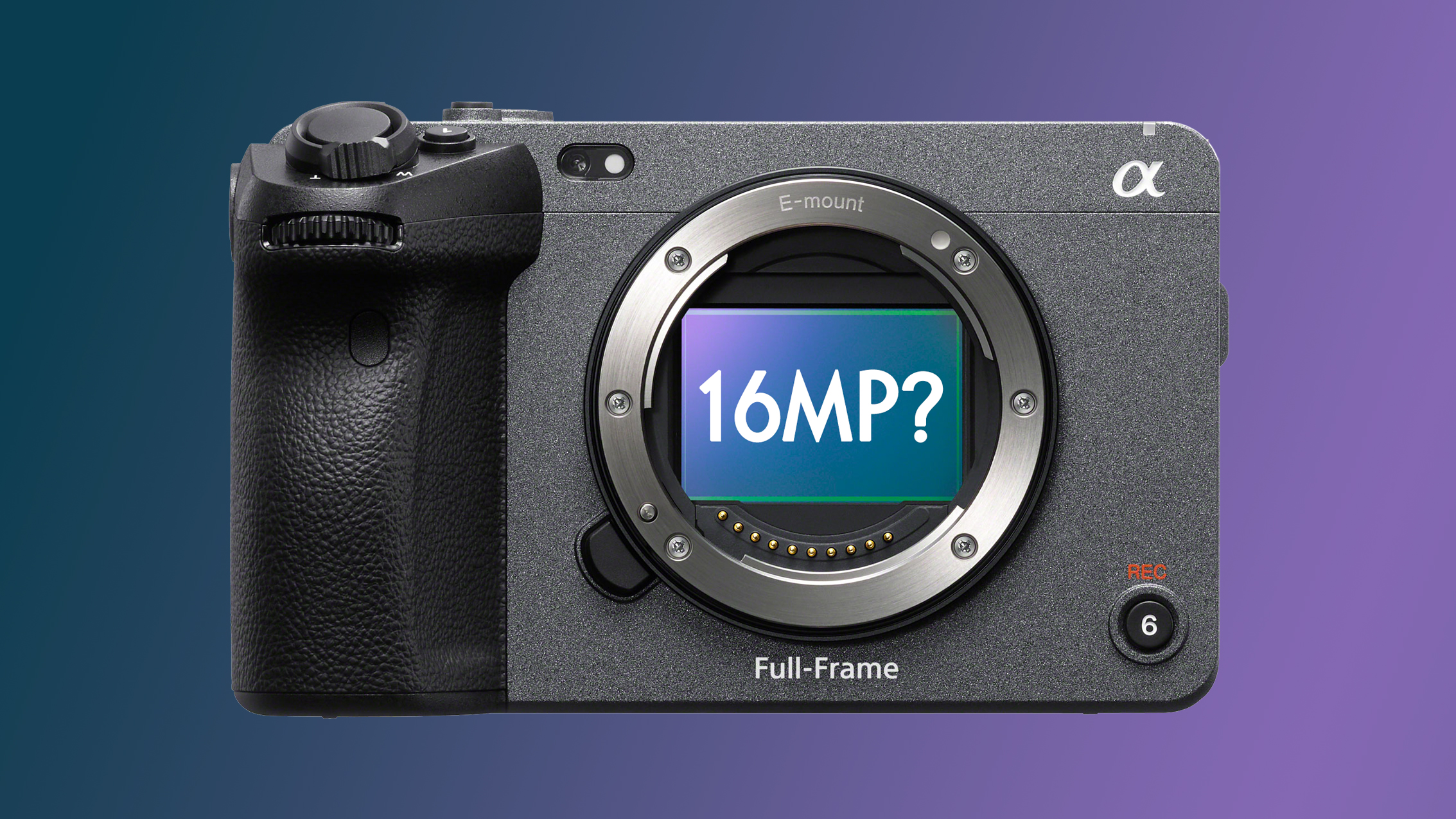
The best camera deals, reviews, product advice, and unmissable photography news, direct to your inbox!
You are now subscribed
Your newsletter sign-up was successful
Here's one of those statistics that for a second, might shock you, but then on reflection, isn't that surprising at all. Digital camera ownership in Japanese households has droppped below 50% for the first time.
The latest data from Japan's Cabinet Office paints a grim picture for the once-mighty digital camera industry. A mere 48.6% of households now own a standalone digital camera, down from a peak of 77% in 2012.
Meanwhile, smartphone penetration has skyrocketed to an astonishing 93.8%, clearly illustrating where consumers are placing their trust and spending their yen.
If you work in the camera industry, that's obviously not good news. At the same time, it shouldn't be much of a surprise.
Facts on the ground
I'm spending a couple of months in Japan right now, and have been spending a lot of time at photo-worthy events, from traditional summer lantern festivals to the immersive art show TeamLab Borderless. And I've observed endless people taking photos and capturing video, young and old.
Yet I can count on the fingers of one hand the number who've used anything other than a smartphone to do so.
So you have to ask yourself: even among those 48.6% of households, how many people actually use the cameras that they still own, and how often? More pointedly, how many of those people are likely to replace them with a newer model in future?
The best camera deals, reviews, product advice, and unmissable photography news, direct to your inbox!
I also took a trip to Tokyo's Akihabara distrct, aka 'Electric Town', which is typically where you see all the latest tech being sold first in the world. And while some of the stores did have digital camera sections, with big brands like Nikon and Fujifilm touting the latest models, it's fair to say the buzz there wasn't half of what it used to be.
Writing on the wall
With camera shipments having nosedived by 92% in just 15 years, the writing's been on the wall for some time. The Camera & Imaging Products Association (CIPA), also based in Japan, reports that domestic shipments of digital cameras have fallen from 11.11 million units in 2008 to only 910,000 today.
And the idea that this is something to do with the cost of living crisis or a supply-chain problem with semiconductors is something even the most optimistic of us can no longer cling to.
It's pretty simple, really. The age of mass-market digital camera ownership is coming to an end. And the only question remains how quickly the decline in sales will accelerate.
Clearly, there will always be a market for high-end cameras among enthusiasts and professionals. However, with the consumer base shrinking rapidly, it's clear that not all current manufacturers will survive the culling.
That might seem like crazy talk, but remember how no one expected the mighty Kodak to declare bankruptcy? That was in 2012... the exact same year Instagram sold up to Facebook for a cool billion dollars. Could we be about to see a similar shakeout among the big camera manufacturers?
Whatever the next few months and years bring, one thing is certain: the smartphone's reign as the everyday person's camera of choice is now absolute. Traditional camera makers must innovate or perish in this brave new world of mobile photography
Tom May is a freelance writer and editor specializing in art, photography, design and travel. He has been editor of Professional Photography magazine, associate editor at Creative Bloq, and deputy editor at net magazine. He has also worked for a wide range of mainstream titles including The Sun, Radio Times, NME, T3, Heat, Company and Bella.



